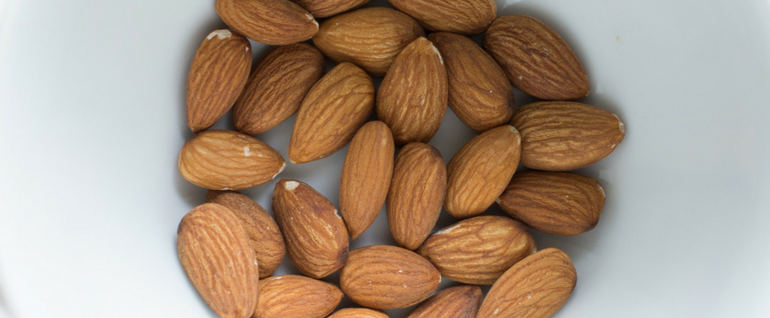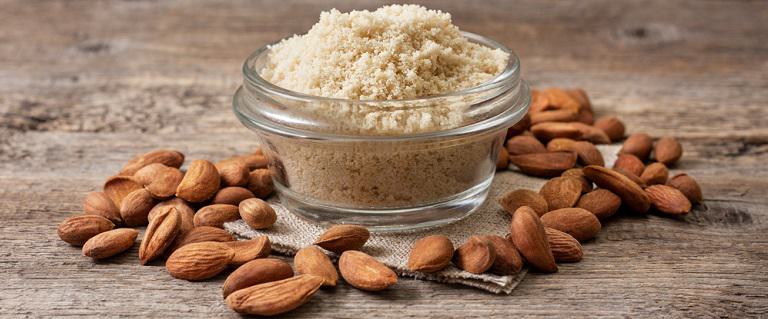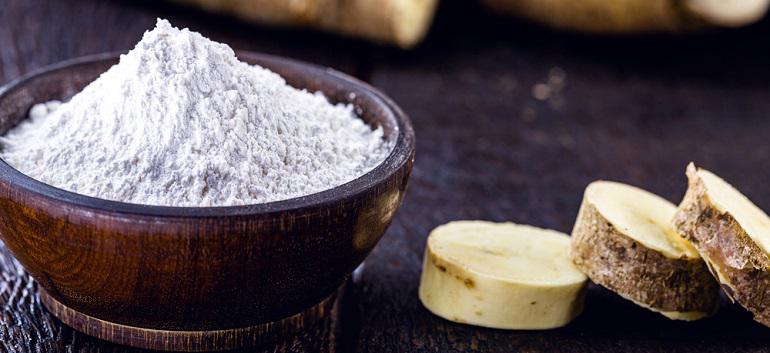


 When searching for low carb flours, you've probably noticed that almond flour tops the list. But what is it about almond flour that makes it popular amongst low carb and keto eaters? Here are five reasons why almonds flour is a favorite when following a low carb diet.
When searching for low carb flours, you've probably noticed that almond flour tops the list. But what is it about almond flour that makes it popular amongst low carb and keto eaters? Here are five reasons why almonds flour is a favorite when following a low carb diet.
 So, is almond flour keto-friendly? Absolutely. Almond flour is a 100% keto-approved baking flour. It is also the most widely used keto flour on shelves. However, what it lacks in carbs, it makes up for in calories. Though almond flour is significantly higher in calories than many other flours, it also contains considerable amounts of protein and fiber. Thus making it a nutritious and satiating flour for keto dieters.
Almond flour is also an excellent source of healthy fats, one of the essential components of a ketogenic diet. Each 100 gram serving of almond flour will provide you with 50 grams of healthy dietary fat. All of these benefits combine to make it an excellent flour to enjoy if you're following a low carb, keto diet.
So, is almond flour keto-friendly? Absolutely. Almond flour is a 100% keto-approved baking flour. It is also the most widely used keto flour on shelves. However, what it lacks in carbs, it makes up for in calories. Though almond flour is significantly higher in calories than many other flours, it also contains considerable amounts of protein and fiber. Thus making it a nutritious and satiating flour for keto dieters.
Almond flour is also an excellent source of healthy fats, one of the essential components of a ketogenic diet. Each 100 gram serving of almond flour will provide you with 50 grams of healthy dietary fat. All of these benefits combine to make it an excellent flour to enjoy if you're following a low carb, keto diet.
 If you recently ran out of your favorite keto-approved almond flour, then it's time to search the pantry for another low carb flour that you can use in its place. Here are a couple of our favorites.
If you recently ran out of your favorite keto-approved almond flour, then it's time to search the pantry for another low carb flour that you can use in its place. Here are a couple of our favorites.
 Not all almond flour substitutions are low carb, and that's okay. Continue scrolling to discover some of the best almond flour swaps that you can use to bake paleo, gluten free and whole grain treats.
Not all almond flour substitutions are low carb, and that's okay. Continue scrolling to discover some of the best almond flour swaps that you can use to bake paleo, gluten free and whole grain treats.